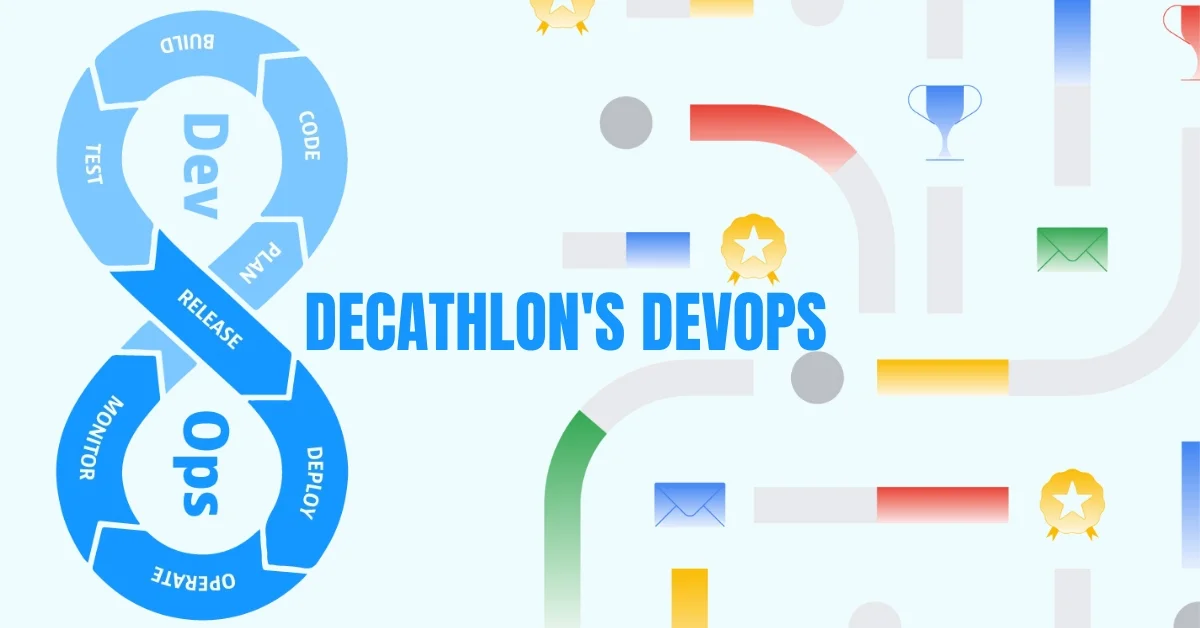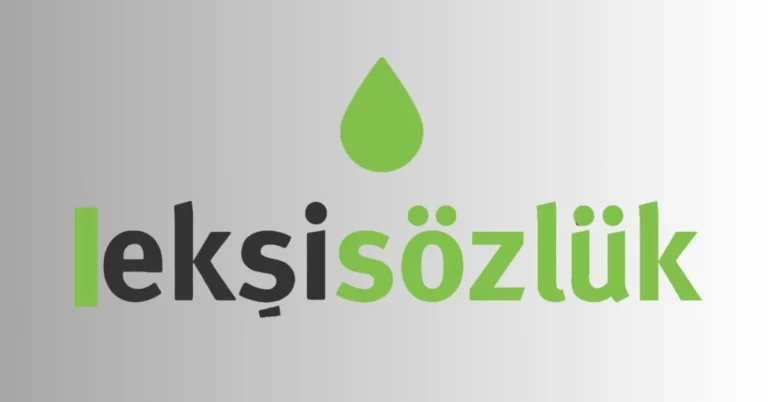Decathlon’s DevOps Journey to Efficiency and Collaboration
Decathlon, a global leader in sports retail, has consistently sought to innovate and enhance its operations, not just in product offerings but also in the technology and processes that drive the business. One of the most significant transformations in recent years has been the company’s adoption of DevOps practices, which has played a crucial role in aligning teams, improving efficiency, and fostering a culture of continuous improvement. This article explores Decathlon’s DevOps journey into DevOps, the challenges faced, the strategies employed, and the remarkable results achieved.
The Need for Change: Recognizing the Gaps
Founded in Lille, France, in 1976, Decathlon has grown to become the largest multisport goods retailer globally, with over 1,750 stores in 70 countries. As a company committed to making sports accessible to everyone, Decathlon understood early on the importance of digital transformation to keep up with market demands. Despite having embraced cloud technology and Agile practices, the company identified several areas needing improvement.
The primary issue was the alignment between teams and technology. While individual teams were performing well, there was a lack of synergy, which led to inefficiencies in software delivery and overall product development. The challenge was to find a way to bring these teams together, not just to work towards common goals but to foster an environment that prioritizes psychological safety, collaboration, and a shared sense of purpose.
The Discovery of DevOps Principles
Decathlon’s quest for improvement led them to explore the DevOps practices highlighted in the Accelerate State of DevOps Report. This report resonated with the company’s goals of enhancing performance, job satisfaction, and teamwork. The challenge, however, was to implement these practices in a way that felt organic and not forced—a concern that stemmed from past experiences with top-down solutions that often failed to deliver long-term benefits.
Decathlon discovered Google’s Accelerate program and engaged with Zenika, a Premier Partner, to help guide the transformation. The key to success lies in understanding and embracing DevOps principles in a way that empowers teams rather than dictating changes from the top.
Core Objectives: Building a Collaborative Culture
To achieve the desired transformation, Decathlon set clear objectives:
- Understanding Internal Processes: The first step was to gain a comprehensive understanding of existing processes to identify areas for improvement.
- Promoting a Culture of Sharing: Decathlon emphasized the importance of sharing knowledge, best practices, and learning across teams to foster collaboration.
- Encouraging Continuous Improvement: The company aimed to create a mindset focused on continuous improvement, allowing teams to adapt and evolve based on real-time data and feedback.
The Three-Pillar Approach: Initiate, Invest, Improve
Decathlon implemented a structured approach to facilitate the adoption of DevOps practices, centred on three major pillars: initiate, invest, and improve.
1. Initiate
The first phase involved bringing teams together to introduce them to the DevOps principles and metrics defined by the DORA (DevOps Research and Assessment) model. This initial step was crucial in arousing interest and gaining buy-in from team members. Workshops and training sessions were conducted to explain the mechanics of DORA metrics, such as deployment frequency, lead time for changes, change failure rate, and time to restore service.
2. Invest
The second phase focused on deepening the understanding of technology and processes. Decathlon developed a tool called Delivery Metrics, which uses BigQuery to collect data from every tool used in the software delivery process. This data is then visualized through Google Data Studio, providing teams with a centralized, synchronized view of their performance metrics. This transparency allowed teams to see what was working and where improvements were needed, fostering a data-driven approach to decision-making.
3. Improve
The final phase was all about action. With the foundational knowledge and tools in place, teams were encouraged to apply the insights gained to improve their processes continuously. Regular sharing sessions were established, where teams would present their metrics, discuss their wins, and share best practices. This not only helped individual teams but also contributed to a repository of knowledge that could be used for onboarding new team members and scaling successful practices across the organization.
Key Achievements: Measurable Improvements
The implementation of DevOps principles at Decathlon led to significant, quantifiable improvements across various aspects of software delivery:
- Deployment Frequency: Teams improved from one or two deliveries a month to an average of more than four per week.
- Lead Time for Changes: The best-performing teams reduced lead times from over 15 days to less than two days.
- Change Failure Rate: This metric remained consistently low, at less than 15%, demonstrating the effectiveness of the processes implemented.
- Time to Restore Service: The time to restore service after incidents decreased dramatically from more than five days to less than one day.
The Role of Automation in Enhancing Efficiency
One of the standout achievements of Decathlon’s DevOps transformation was the move toward greater automation. By automating repetitive tasks, teams were able to reduce the potential for human error, streamline deployment and testing processes, and free up time for more innovative and value-driven activities. This shift not only enhanced efficiency but also improved overall team morale, as employees could focus on more meaningful work.
Continuous Learning and Adaptation
A crucial aspect of Decathlon’s DevOps journey was the commitment to continuous learning and adaptation. By regularly reviewing metrics, sharing insights, and refining practices, the company ensured that the transformation was not a one-time event but an ongoing process. This approach allowed Decathlon to remain agile and responsive to changes in the market, technology, and customer expectations.
Building a Culture of Collaboration and Psychological Safety
The success of Decathlon’s DevOps transformation can be largely attributed to the emphasis on building a culture of collaboration and psychological safety. By prioritizing teamwork and ensuring that all voices were heard, the company created an environment where employees felt empowered to share ideas, experiment with new approaches, and learn from failures without fear of blame. This cultural shift was instrumental in driving the widespread adoption of DevOps practices across the organization.
Conclusion
Decathlon’s journey into DevOps is a testament to the power of alignment, collaboration, and continuous improvement. By embracing the principles of DevOps, the company has not only enhanced its operational efficiency but also fostered a culture of innovation and teamwork that will serve it well in the future. As Decathlon continues to evolve, the lessons learned from this transformation will undoubtedly shape its approach to technology and process management, ensuring that it remains a leader in the sports retail industry.
FAQs
What are the key benefits of adopting DevOps practices at Decathlon?
Improved deployment frequency, reduced lead time for changes, lower change failure rate, and faster time to restore service.
How did Decathlon measure the success of its DevOps transformation?
The company used Delivery Metrics, an automated measurement tool, to track key performance indicators such as deployment frequency, lead time, and change failure rate.
What role did automation play in Decathlon’s DevOps journey?
Automation helped reduce human error, streamline processes, and free up time for innovation, significantly improving team efficiency.
How does Decathlon ensure continuous improvement in its DevOps practices?
Regular sharing sessions, data-driven decision-making, and a commitment to learning and adaptation are key to continuous improvement.
What cultural changes were necessary for Decathlon’s successful DevOps implementation?
Building a culture of collaboration, psychological safety, and teamwork was crucial for the widespread adoption of DevOps practices.







